Sudan Cabinet approves amendments to restrictive Al Bashir era laws
The Sudanese Cabinet has approved several draft bills designed to repeal and amend a raft of restrictive legislation that was passed by the regime of Omar al Bashir, whose 30-year dictatorship was overthrown in December 2018.
 Sudan's Prime Minister Abdullah Hamdok (File photo: SUNA)
Sudan's Prime Minister Abdullah Hamdok (File photo: SUNA)
The Sudanese Cabinet has approved several draft bills designed to repeal and amend a raft of restrictive legislation that was passed by the regime of Omar al Bashir, whose 30-year dictatorship was overthrown in December 2018.
At the regular cabinet meeting on Wednesday, headed by Prime Minster Abdallah Hamdok, the Cabinet approved drafts of the various amendments that aim to remove articles related to restrictions on freedoms the criminal law and the Press Act of 2009, national security, political parties, professional associations’ and voluntary work organisations.
Feisal Mohamed Saleh, Minister of Culture and Information and spokesman for the Cabinet, said in a press statement that the council passed a number of bills, among them the Human Rights Commission bill, the Anti-Corruption Commission bill, and the Transitional Justice Commission bill, which is one of the commissions mentioned in the Constitutional Document, in addition to bills on the Peace Commission and the Public Prosecution, amended for the year 2020.
He explained that the bills included a draft law for the establishment of the Supreme Council for the Hajj Muslim pilgrimage and Umrah, and a draft law to abolish the National Council for Zakat (Muslim alms), presented by the Minister of Religious Affairs and Endowments.
Saleh said that the Minister of Justice will include the amendments made to the draft laws before submitting them to the joint meeting of the Sovereign Council and the Cabinet for final approval.
As previously reported by Radio Dabanga, the Minister of Religious Affairs and Endowments, Nasreldin Mofreh, has pledged to root out corruption in his department. The Sudanese government is to purge the Zakat (Muslim alms) Chamber of corrupt processes, that in the past saw most of the funds allocated to supporters of the deposed Al Bashir regime.
Assets seized
Increasing evidence is surfacing of corrupt allocations by the Zakat Chamber, acting as a tool of the Al Bashir regime.
As previously reported by Radio Dabanga, investigations into organisations and institutions set up by the Al Bashir regime showed, for example, that the recently dissolved Holy Koran Association owns a gold mine in River Nile state.
Wajdi Saleh, member of the Anti-Corruption Committee, reported in December 2019 that the committee is investigating criminal reports related to “a breach of trust”.
“The Holy Koran Association has been active in gold prospecting for quite some time now”, he said. He added that the association also owns a multi-storey building and two hotels in Khartoum, and nearly 100 vehicles.
Saleh explained that the Holy Koran Association received funds from the state since its foundation, in particular from the Zakat Chamber. This funding included machinery used to prospect gold. The funding ended when the Al Bashir regime was ousted in April last year.
According to Saleh, the association is supposed to deal with Islam advocacy activities, like teaching and memorising the Koran, “without engaging in commercial activities or any activity that goes beyond the goal for which it was established”.
Waqf
As reported by Radio Dabanga last month, the Minister of Religious Affairs and Endowments, Nasreldin Mofreh, pledged to root out “significant corruption” in Sudan’s waqf (Muslim endowment) administration.
At a forum held by a number of Islamic groups in Khartoum in December, Minister Mofreh explained “that conditions of an endowment may be changed, or the value of an entire endowment is transferred in favour of certain persons”.
He pledged “to combat these fraudulent practices”.
Radio Dabanga’s editorial independence means that we can continue to provide factual updates about political developments to Sudanese and international actors, educate people about how to avoid outbreaks of infectious diseases, and provide a window to the world for those in all corners of Sudan. Support Radio Dabanga for as little as €2.50, the equivalent of a cup of coffee.









 and then
and then